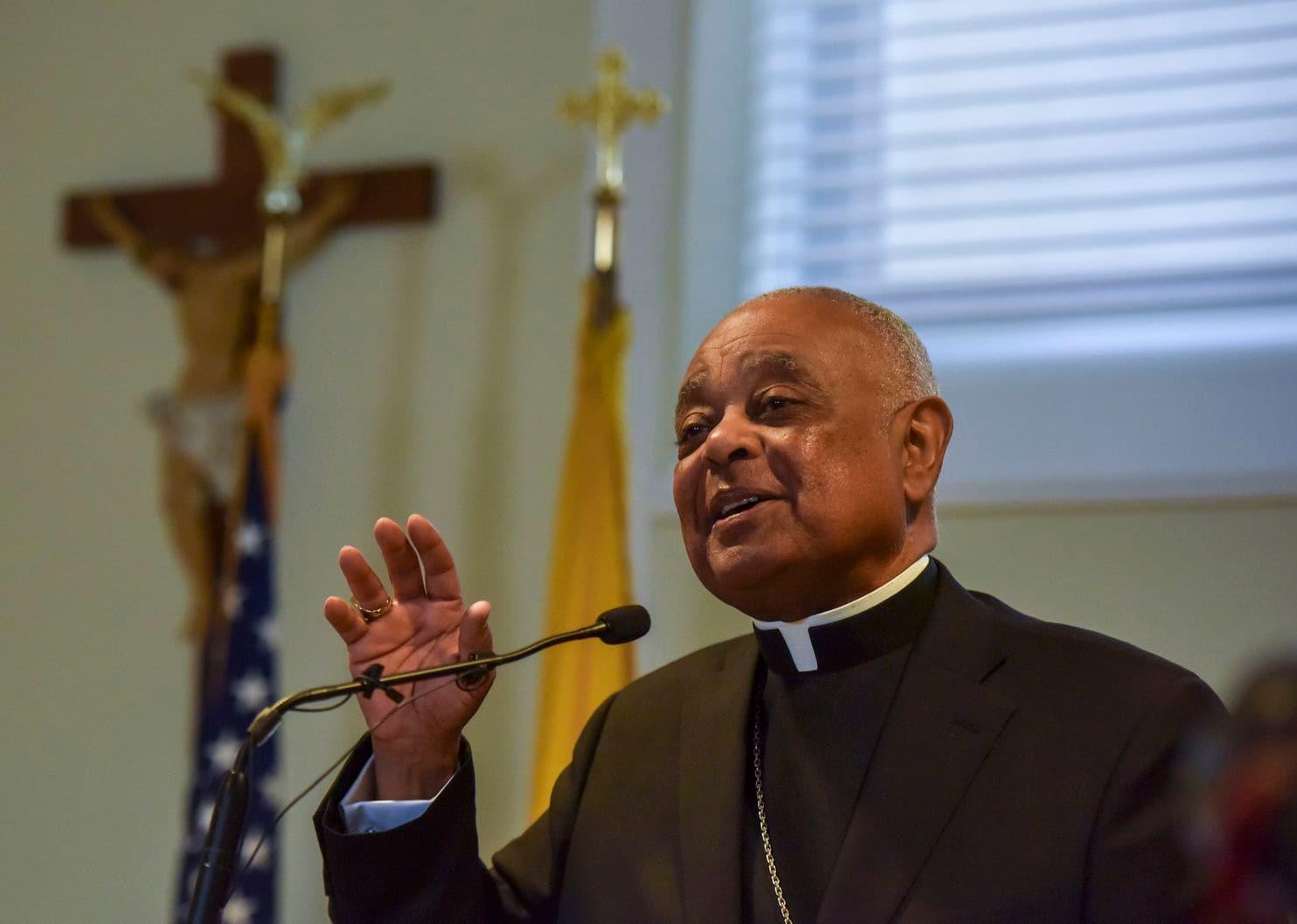|
How Archbishop Gregory can restore Catholics’ trust
By Tim Busch
Catholics are excited for the new head of the church in the nation’s capital. Archbishop Wilton D. Gregory, who will be installed as the leader of the Archdiocese of Washington on May 21, is widely recognized as a principled reformer who seeks the truth and does what’s right. That kind of leadership is desperately needed after a year of disturbing revelations and scandals about senior church leaders, especially ex-cardinal Theodore McCarrick. In April, Gregory promised that transparency would be at the top of his agenda, a positive sign after the past year. Last June, McCarrick — the city’s archbishop from 2001 to 2006 and one of the church’s best-known leaders — was credibly accused of sexually abusing a teenager earlier in his career. In the months that followed, further allegations arose against him involving abuse of seminarians, new priests and boys as young as 11 years old. McCarrick’s successor, Cardinal Donald Wuerl , reported at least one such accusation to the Vatican. As these discoveries unfolded, Catholics demanded accountability. Last summer, Pope Francis accepted McCarrick’s resignation as cardinal, a first. The Vatican defrocked McCarrick in February, removing him from the priesthood after an internal investigation. Most recently, Pope Francis unveiled a historic new policy that expedites investigations of allegations against bishops, archbishops and cardinals. Catholics everywhere welcomed these moves. But the faithful wanted more than punishments doled out after closed-door deliberations. We also wanted to shine a light into the darkness: Who knew what, when did they know it, what did (or didn’t) they do, and how deep does this rot run? Gregory is the kind of leader who can address these concerns. In 2002, as head of the U.S. Conference of Catholic Bishops , he oversaw the creation of the Dallas Charter, which enacted strict policies to stop abusive priests and support victims. This gives Catholics hope about what he’ll do to restore the faithful’s trust as the archbishop of Washington. Catholics have more questions than answers about McCarrick’s actions and the church’s response to (and knowledge of) them. Over the past year, the archdiocese has said little about its internal workings and the handling of accusations, largely telling the media that it either knew nothing about specific allegations or had found no relevant documents in its records. Gregory could let Catholics review all relevant records to verify the church’s claims. If this isn’t possible, Gregory could empower a lay review board — composed primarily of Catholics who are not church officials or employees — to analyze the records and summarize their findings. Catholics would also appreciate it if Gregory announced an investigation into McCarrick’s tenure in the District, including the decade-plus after he stepped down as archbishop. Previously, such an investigation was thought to be prohibited because only the Vatican can oversee a cardinal. Now that McCarrick has been defrocked, such protections are gone. Catholics want to know whether anyone in the archdiocese knew about or covered up McCarrick’s alleged behavior. Gregory also could recognize publicly whether and to what extent the D.C. Archdiocese is participating in the investigations underway in the other dioceses where McCarrick worked, including New York and Newark and Metuchen, N.J. It would give Catholics greater confidence if the District’s new archbishop unveiled a detailed and coordinated inquiry with his fellow bishops. Finally, Washington’s new archbishop could institute concrete reforms to hold bishops accountable, building on his work on the Dallas Charter. He need only look at the pioneering work done by Archbishop William E. Lori in nearby Baltimore. In November, that archdiocese gave lay review boards oversight over accusations against bishops, something no Catholic jurisdiction had done up to that point. Baltimore’s lay review boards now can investigate accusations of sexual abuse against minors and adults as well as claims of cover ups by bishops. Such a policy could have caught McCarrick early in his career, before he became a cardinal. By instituting a similar policy, Gregory would make a powerful statement about his commitment to keeping the District’s hierarchy honest and holy. These actions are not just important; they are indispensable. The scandals of the past year have shaken the faith and trust of many. Openness and honesty can help renew that faith and restore that trust. Gregory is well suited to that task, and Catholics are confident that he will do what needs to be done.
|
.
Any original material on these pages is copyright © BishopAccountability.org 2004. Reproduce freely with attribution.
